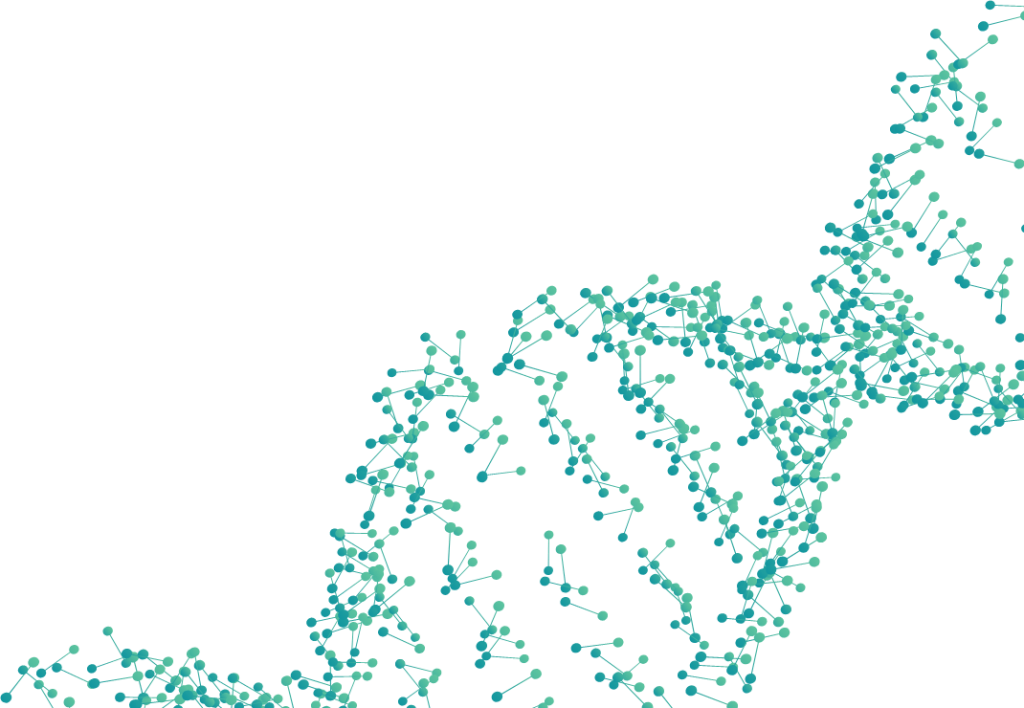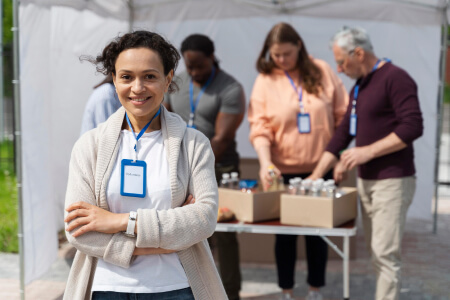Understanding Amyloidosis
Amyloidosis Clinical Trials
Amyloidosis is a rare disease that occurs when abnormal proteins, called amyloids, build up in organs and tissues, disrupting their normal function. The type of amyloidosis and the organs affected determine the severity and progression of the disease. Early diagnosis and treatment are critical to managing symptoms and preventing complications.
- AL (Primary) Amyloidosis: Caused by abnormal plasma cells in the bone marrow, often affecting the heart, kidneys, or liver.
- AA (Secondary) Amyloidosis: Linked to chronic infections or inflammatory diseases.
- Hereditary (ATTR) Amyloidosis: Caused by genetic mutations leading to abnormal transthyretin protein.
- Wild-Type ATTR Amyloidosis: Affects older adults, commonly impacting the heart.
- Fatigue and weakness
- Swelling in the ankles or legs
- Shortness of breath
- Numbness or tingling in hands and feet
- Unexplained weight loss
- Enlarged tongue or bruising around the eyes
- AL Amyloidosis: Abnormal production of light chains by plasma cells.
- AA Amyloidosis: Chronic inflammation or infections.
- ATTR Amyloidosis: Genetic mutations or age-related changes in protein folding.
What Are Clinical Trials for Amyloidosis?
- Develop targeted therapies to reduce amyloid deposits.
- Improve early detection and diagnostic tools.
- Explore gene therapies for hereditary forms of amyloidosis.
- Enhance quality of life for patients with amyloidosis.
- Access innovative treatments and therapies before they become publicly available.
- Receive expert medical care and regular health evaluations.
- Contribute to research that could improve outcomes for future patients.
- Play a key role in advancing knowledge and treatment of amyloidosis.
Who Can Participate?
- Individuals diagnosed with AL, AA, ATTR, or wild-type amyloidosis.
- Patients experiencing organ dysfunction related to amyloidosis.
- Individuals with a family history of hereditary amyloidosis.
- Healthy individuals willing to serve as control participants.
Amyloidosis Clinical Trial – Do I Qualify?
Amyloidosis
Our Contact
We’re here to help! Reach out to us for any inquiries, support, or feedback. Our team is ready to assist you.
- (626) 657-6005
- 960 E. Green St., Suite 310, Pasadena, CA 91106
What to Expect During a Clinical Trial

Screening
Participants undergo a thorough evaluation to determine eligibility, including medical history review, genetic testing (if applicable), and organ function assessments.

Informed Consent
You’ll receive detailed information about the study’s purpose, procedures, potential risks, and benefits. Participation is voluntary, and you may withdraw at any time.

Participation
Participants may receive the investigational treatment, standard care, or a placebo. Regular medical visits, imaging tests, and lab work are conducted to monitor progress and outcomes.

Follow Ups
After completing the trial, participants are monitored for long-term outcomes and treatment effects.

How to Get Involved
- Fill out the online registration form below.
- Speak with our clinical trial coordinator to learn more about your eligibility.
- Schedule a screening appointment.



Join Our Amyloidosis Clinical Trials Today
Your participation can help advance research and improve the lives of people living with amyloidosis. Together, we can work toward better treatments and hope for a cure.
Frequently Asked Questions?
What is amyloidosis?
Amyloidosis is a condition where abnormal proteins, called amyloids, build up in organs and tissues, interfering with their normal function.
Who can join an amyloidosis clinical trial?
Eligibility varies by study but often includes patients diagnosed with amyloidosis or those with a family history of hereditary amyloidosis.
Are clinical trials safe
Yes, clinical trials are closely monitored and approved by ethics committees to ensure participant safety.
Will I be compensated for participating?
Some trials may offer compensation for travel and time, but participation is usually free.
Can I leave the trial if I change my mind?
Yes, participation is completely voluntary, and you may withdraw at any time.
How long does a clinical trial last?
Trial duration varies depending on the study but can range from a few months to several years.



01
Have Questions? We’ve Got Answers
Explore our comprehensive FAQ section to find answers to common questions about clinical trials, participation, and more. Get informed and feel confident about taking the next step.
02
Your Safety is Our Priority
Real Voluteer Stories, Real Impact


